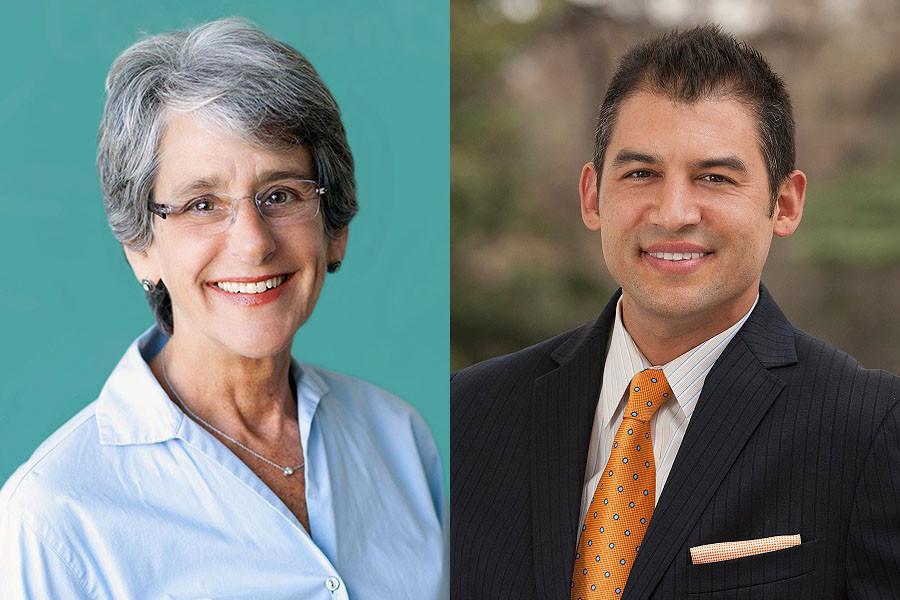Two local politicians have introduced new legislation in the past month that would massively expand California Community College’s power to discipline students for off-campus crimes.
The legislation is a two-tier effort coming from State Senator Hannah-Beth Jackson, D-Santa Barbara, and Assembly member Das Williams, a Democrat representing the 37th District.
“We want to encourage more thoughtful and respectful behavior,” Jackson said. “There will be consequences for these actions.”
The proposal from Jackson, SB 186, would greatly increase City College’s power to discipline students for off-campus crimes ranging from hazing and threats of violence, all the way to sexual and physical assault.
According to an almost decade long study of campus sex crime by the Bureau of Justice Statistics, sexual assaults of students are much more likely to go unreported to police. This leaves some wondering if the bill will make a big impact.
“I don’t think you’re too worried about being suspended if you’re going to jail,” said Taylor Wick, a 19-year-old City College student. “The law is enough punishment.”
The other proposal comes from Williams and will focus exclusively on sexual assault cases. The proposal includes three main parts.
First, if a student is found guilty of sexual assault, it would require colleges to consider anywhere from two-year suspensions to expulsion. The governing board would have to hold a hearing if the student were to enroll in the future.
Student Trustee Nicholas Steil thinks they should have a right to legal counsel during these hearings.
“If you rehabilitate yourself you should be able to try again,” Steil said.
In addition, it would require that the student’s university transcripts note the sexual offense after being convicted.
Finally, the proposal would alter existing California Community College statute to give the colleges the authority to suspend and expel a student for off-campus behavior.
This is an issue City College is all too familiar with.
Last semester, The Channels reported on a student who had been suspended stemming from rape charges, which the school seems to have done without proper jurisdiction. Section 76034 of the California Education Code clearly states, “no student shall be removed, suspended, or expelled unless the conduct for which the student is disciplined is related to college activity or college attendance.”
However, last year a revised administrative policy was approved for the Standards of Student Conduct that lists offenses that require “good cause” for discipline. The policy appears contradictory to the California Education Code.
“My job here at the college is to assure that students that come here are safe and they can get an education in a safe environment,” said Ben Partee, dean of educational programs, in an interview with The Channels after the student was suspended last semester.
The proposals reinforce the passing of SB 967, the “yes means yes” bill that required all parties to obtain unanimous and conscious consent before engaging in any sexual activity.
Steil sees numerous possibilities for abuse with the proposals.
“There should be a police report made before any action is taken,” Steil said. “It’s not in the districts scope to be an investigative body.”
With almost one in five college females experiencing some sort of sexual assault in their college careers, Williams hopes to make an impact on student safety.
“These crimes often go unreported on college campuses,” said Williams in a press release. “In large part due to the victim’s belief that authorities will not take action. We must ensure that our campuses are investigating crimes, prosecuting perpetrators, and providing support and resources to victims.”












